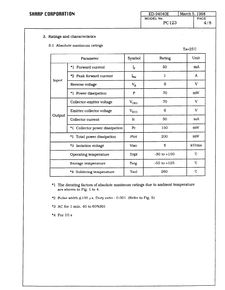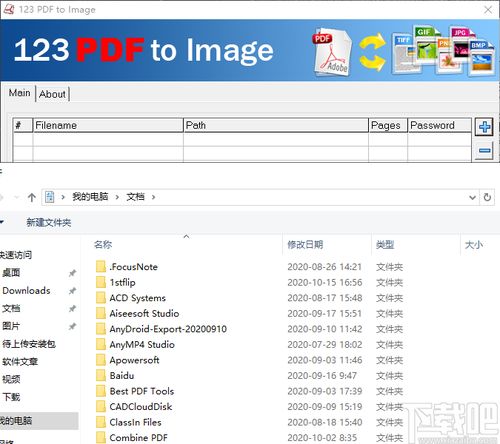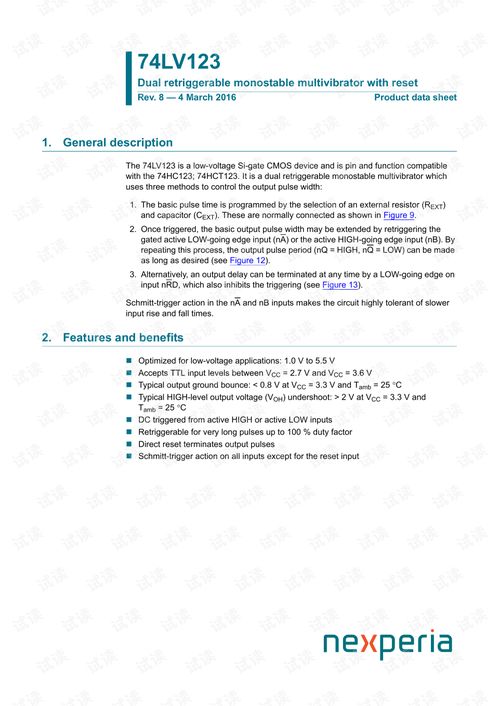Cfa Ar 123 Requirements: A Comprehensive Guide
Understanding the requirements for the CFA AR 123 is crucial for anyone looking to excel in the field of financial analysis. This article delves into the various aspects of the CFA AR 123, providing you with a detailed and multi-dimensional overview. Whether you are a candidate preparing for the exam or a professional seeking to enhance your knowledge, this guide will equip you with the necessary insights.
Understanding the CFA AR 123

The CFA AR 123, also known as the CFA Level II Alternative Investments and Derivatives section, is a critical component of the CFA Program. It focuses on the valuation, risk management, and application of alternative investments and derivatives in the financial industry.
Eligibility and Prerequisites

Before diving into the requirements, it is essential to understand the eligibility criteria for the CFA AR 123. To be eligible, candidates must have successfully completed the CFA Level I exam and have at least four years of professional work experience in a related field. This experience can be in investment analysis, portfolio management, or any other area that aligns with the CFA Program’s objectives.
Content Outline

The CFA AR 123 covers a wide range of topics, including but not limited to:
| Topic | Description |
|---|---|
| Alternative Investments | Investment strategies and products such as hedge funds, private equity, real estate, and commodities. |
| Derivatives | Options, futures, swaps, and other financial instruments used for hedging and speculation. |
| Valuation | Methods and techniques for valuing alternative investments and derivatives. |
| Risk Management | Strategies and tools for managing risks associated with alternative investments and derivatives. |
| Application | Practical applications of alternative investments and derivatives in real-world scenarios. |
Study Materials and Resources
Preparing for the CFA AR 123 requires a comprehensive study plan and access to reliable resources. Here are some essential materials and resources to consider:
- CFA Institute Curriculum: The official curriculum provided by the CFA Institute is a fundamental resource for candidates. It covers all the topics in the CFA AR 123 and includes study notes, readings, and practice questions.
- Textbooks: There are several reputable textbooks available that provide in-depth coverage of the CFA AR 123 topics. Some popular options include “Alternative Investments” by Elton, Gruber, and Blume, and “Derivatives: A Practitioner’s Guide” by Hull.
- Online Courses and Tutors: Online platforms like Coursera, Udemy, and Khan Academy offer courses specifically tailored to the CFA AR 123. Additionally, hiring a tutor or joining a study group can provide personalized guidance and support.
- Practice Exams: Taking practice exams is an effective way to gauge your understanding of the material and identify areas that require further study. The CFA Institute provides official practice exams, as well as other resources like Schweser and Kaplan.
Exam Format and Structure
The CFA AR 123 exam consists of two parts: the morning session and the afternoon session. The morning session includes 50 multiple-choice questions, while the afternoon session consists of 10 essay questions. The exam is designed to test your knowledge, analytical skills, and ability to apply the concepts learned in the curriculum.
Preparation Tips
Successfully preparing for the CFA AR 123 requires a structured approach and effective study strategies. Here are some tips to help you excel:
- Start Early: Give yourself ample time to study and understand the material. Starting early allows you to spread out your learning and avoid last-minute cramming.
- Understand the Material: Focus on understanding the concepts rather than memorizing formulas and equations. This will help you apply the knowledge in real-world scenarios.
- Practice Regularly









